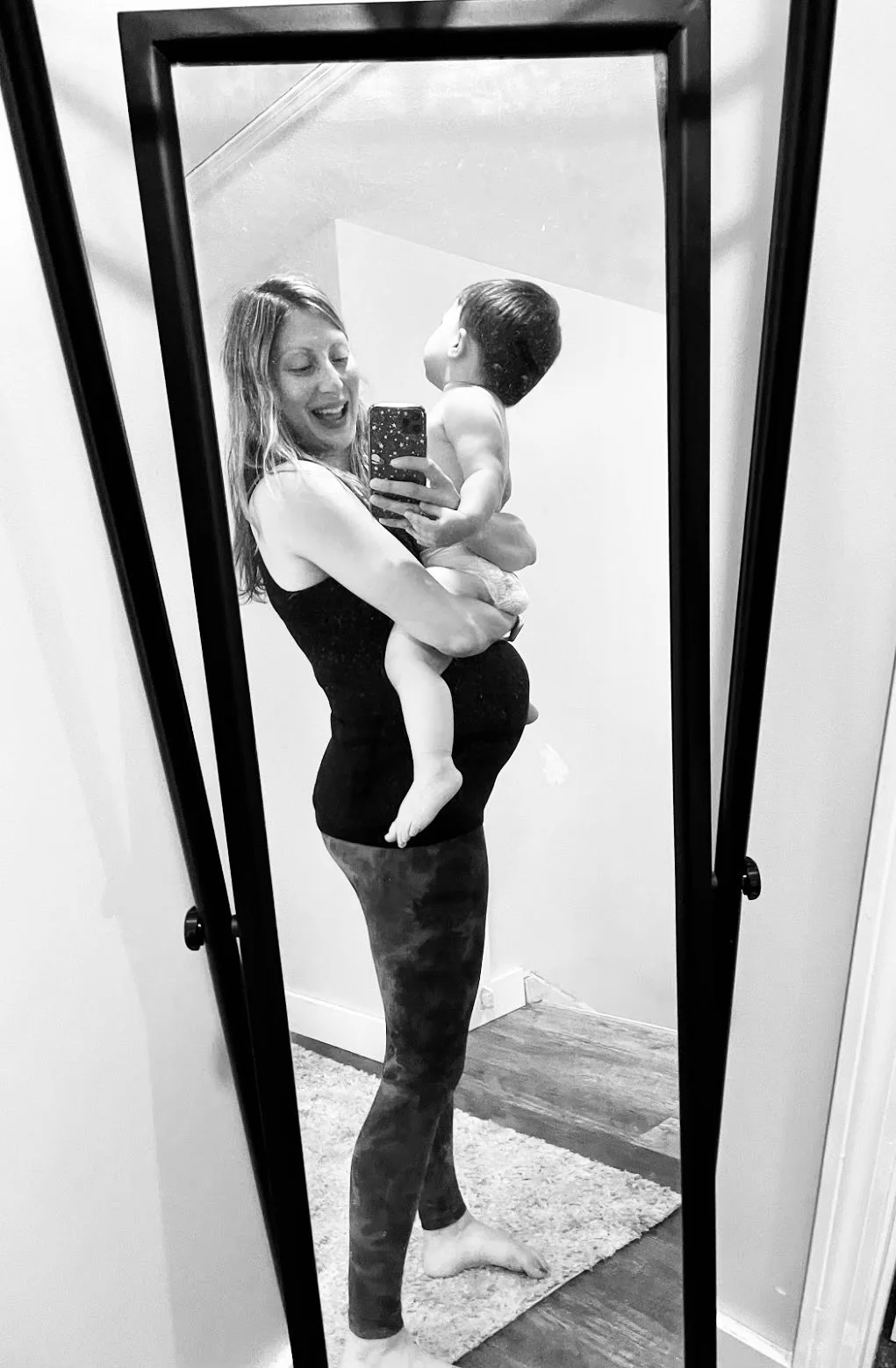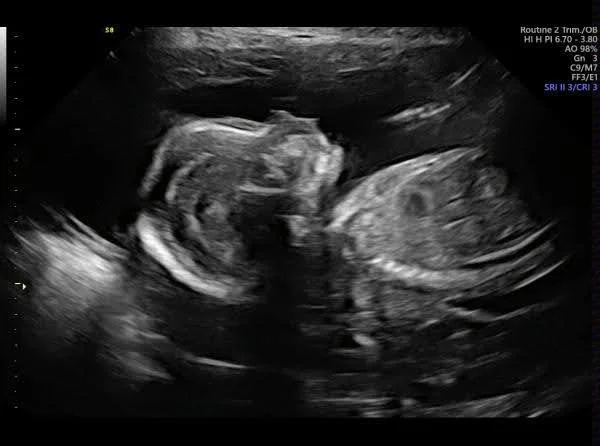
Therapy for Moms
Becoming a mother can be one of the most beautiful experiences and also one of the most emotionally and physically trying experiences. These two opposite thoughts / feelings can both be true, without negating the other, making navigating the perinatal period and motherhood a confusing, conflicting, emotional roller coaster of a journey.
I am here to help you navigate the perinatal period (the time frame from conception through the first year after giving birth) and adjustment to motherhood. This period of time is a huge adjustment and almost everyone feels some level of anxiety and emotional instability during it. It is common to feel a range of emotions during this period: happy, love, excitement, anxiety, sadness, mourning the loss of your old life, guilt, etc… And it is common for these feelings to fluctuate minute-by-minute.
Some common changes during pregnancy are: mood can change quickly without trigger (ie: from laughter to crying, from joy to irritability, etc…); sleep disturbances (due to bladder or heartburn) but can easily fall asleep; decreased energy, but with rest can rebound / restore; still is able to feel joy and pleasure, although may have periods of appropriate worry and anxiety; changes in appetite.
It is also common for women, post delivery, to experience that baby blues. The Baby Blues affect 60 - 80% of new mothers universally. The baby blues may present as increased tearfulness, quick changes in mood, increased reactivity, and extreme exhaustion. Despite these symptoms the mother is predominately happy, with unchanged self-esteem. The baby blues are due to hormone fluctuations at the time of birth and sleep deprivation. The baby blues usually lasts between 2 days and 2 weeks and typically peaks 3-5 days after delivery.
Even though low level emotional distress is expected and normal during pregnancy and post delivery, the perinatal time can feel confusing and isolating. I am here to help. I can do so by providing you a judgment free space where you can sort through your thoughts and feelings; provide you recrouses and skills to help support you in motherhood and help dispel many assumptions / myths of pregnancy / motherhood that may be contributing to your feelings; help you develop confidence in yourself and your parenting abilities; develop a treatment plan that focuses on coping, self-care, and building support systems for yourself.
Although having some level of emotional distress is normal during the perinatal period some symptoms of Perinatal Mood or Anxiety Disorder (PMAD) to look out for are:
Depressed mood most of the day, nearly every day
Loss of interest, joy, or pleasure
Significant weight change or appetite disturbance
Sleep disturbances (even when baby is sleeping)
Poor concentration, focus, indecisiveness
Feelings of worthlessness
Feeling alone and / or withdrawing from support systems
Agitation, irritability, can escalate into rage (then spiral to guilt / shame)
Restlessness, inability to sit still, feeling on edge
Excessive or inappropriate guilt
Chronic worry or racing thoughts about the wellbeing of the baby
Intrusive, unwanted thoughts
Recurrent thoughts of death, recurrent suicidal and / or homicidal thoughts
Having headaches, stomach aches, chest pains, shortness of breath, dizziness not attributed to a medical condition
Birth trauma can also be a factor in perinatal mental health. Unfold Your Wings developed a visual to help explain birth trauma. Unfold Your Wings helps to highlight that all birth trauma is “unique in experience to the woman (or partner) affected. She may have experienced all or some of the causes, this doesn’t matter. What matters is how this has affected her and what her feelings are around her birth experience.”



